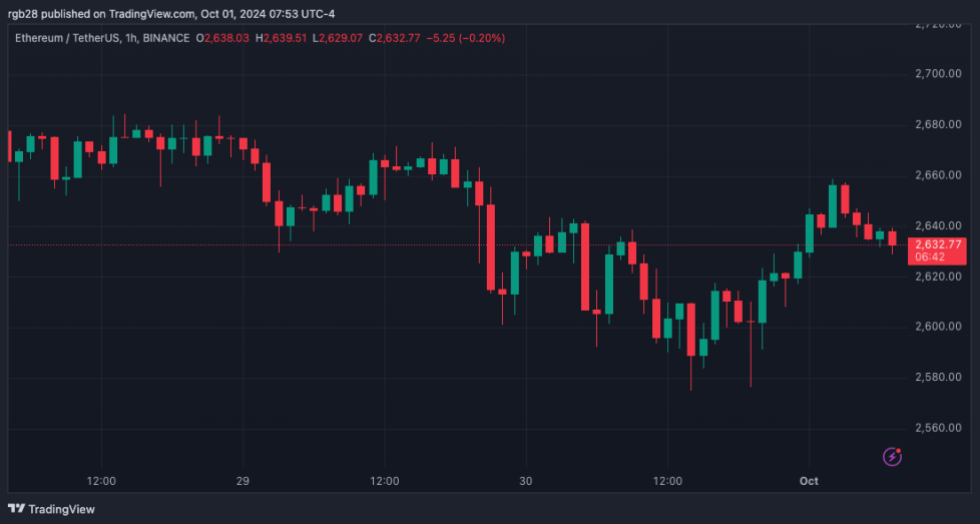Vitalik Buterin, co-founder of Ethereum, has recently addressed the issue of war-related betting markets on prediction platforms. He defended the inclusion of a Hezbollah betting category on Polymarket, emphasizing its potential as a decentralized source of information.
Buterin Supports Hezbollah Betting Section
Discussions surged within the crypto community on Monday when user Legendary expressed discomfort about the Hezbollah betting section, suggesting that it trivialized war by making it akin to a sports event.

While many expressed similar concerns, others defended the markets, arguing that discussing such geopolitical predictions is not a form of trivialization. Buterin stood by the Hezbollah section, declaring that while traders view it as a betting opportunity, the average person might see it as a valuable informational resource.
There’s a range of people, including influential figures, making misleading predictions about conflicts. Being able to gauge the perceptions of those invested can offer a perspective that helps maintain sanity.
Furthermore, Buterin stressed that engaging with these markets isn’t about profiting from unfortunate events. He believes it’s about fostering an environment where all forms of rhetoric face consequences, thus discouraging both unjustified alarmism and complacency, independent of government or corporate censorship.
Other participants echoed his views, highlighting the significance of decentralized prediction markets for individuals skeptical of mainstream media or living in tightly controlled environments, as they provide insights into the actual likelihood of such events occurring.
Impact of Prediction Markets on Real-World Scenarios
Zach Rynes, a Chainlink expert, questioned Buterin’s stance, asking whether there should be boundaries on what can be wagered upon, given the risk that some may take steps to influence outcomes.
In response, Buterin mentioned that he and fellow advocates do not support extreme scenarios like markets predicting assassinations. Some community members argued that adding moral considerations to prediction markets could lead to complications, as businesses often contribute to geopolitical tensions.
Buterin questioned the level of influence these markets might wield, pondering if they actually incentivize harmful actions for insider trading, positing that we are far from a reality where such markets significantly affect large-scale events.
Importantly, Buterin’s endorsement of Polymarket isn’t new; he has previously defended the decentralized prediction platform against scrutiny from the US Commodities Futures Trading Commission (CFTC).
Categorizing Polymarket as mere “gambling” fundamentally misinterprets the essence and purpose of prediction markets, which excite economists and policy thinkers.
Additionally, Buterin was a participant in Polymarket’s Series B funding, which garnered $45 million in May, along with contributions from Peter Thiel’s Founders Fund. According to Bitrabo, the platform aims to raise another $50 million in a new funding round and is contemplating the launch of its own token for user voting.



